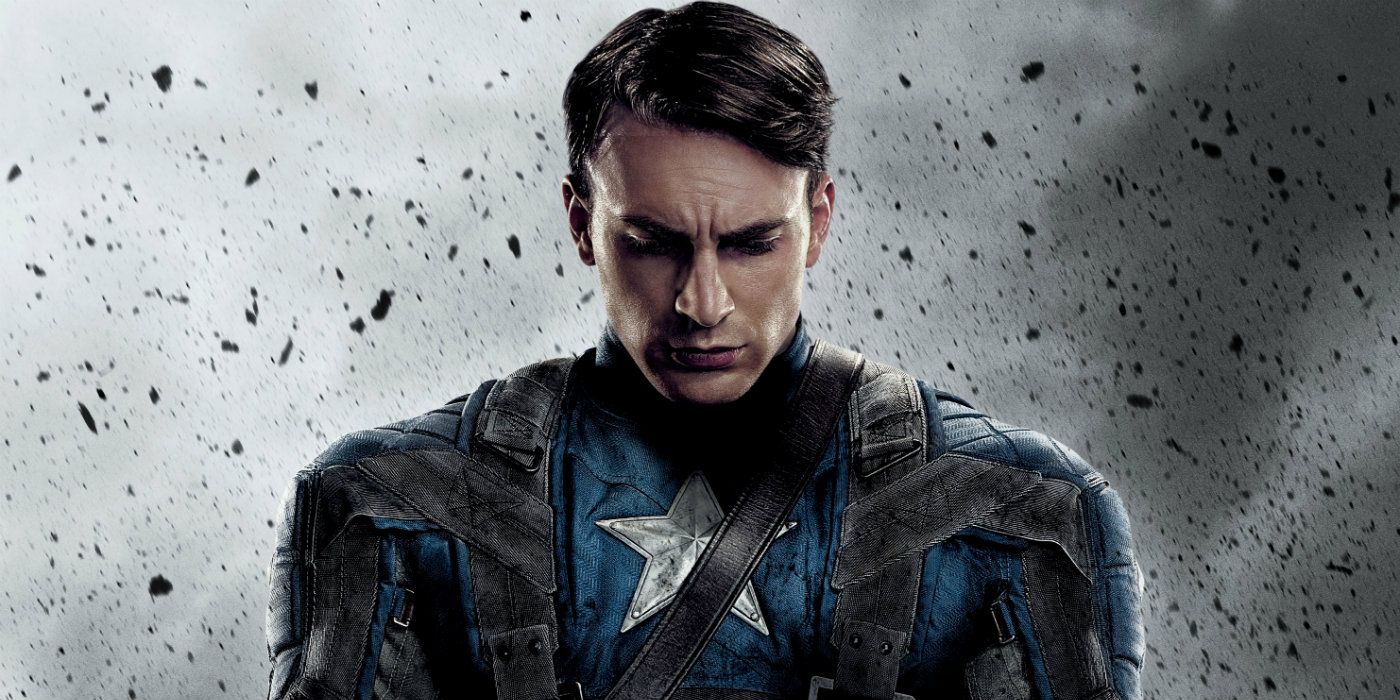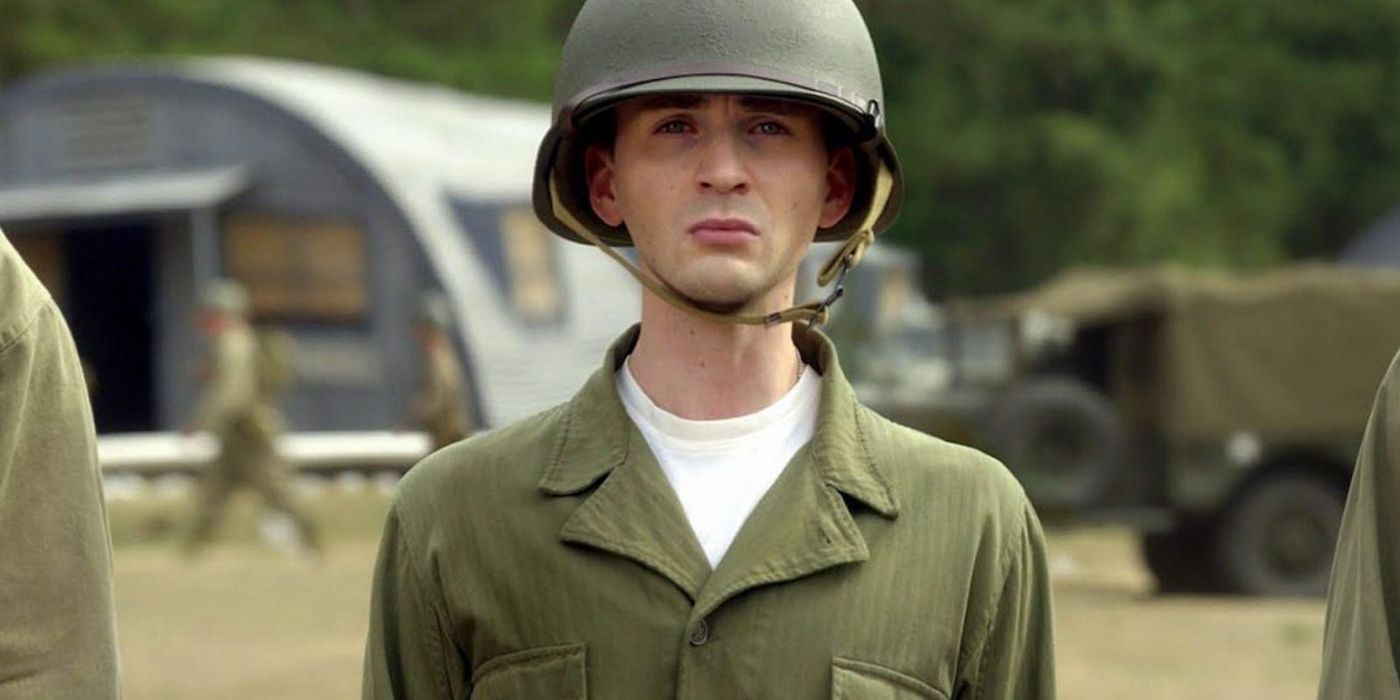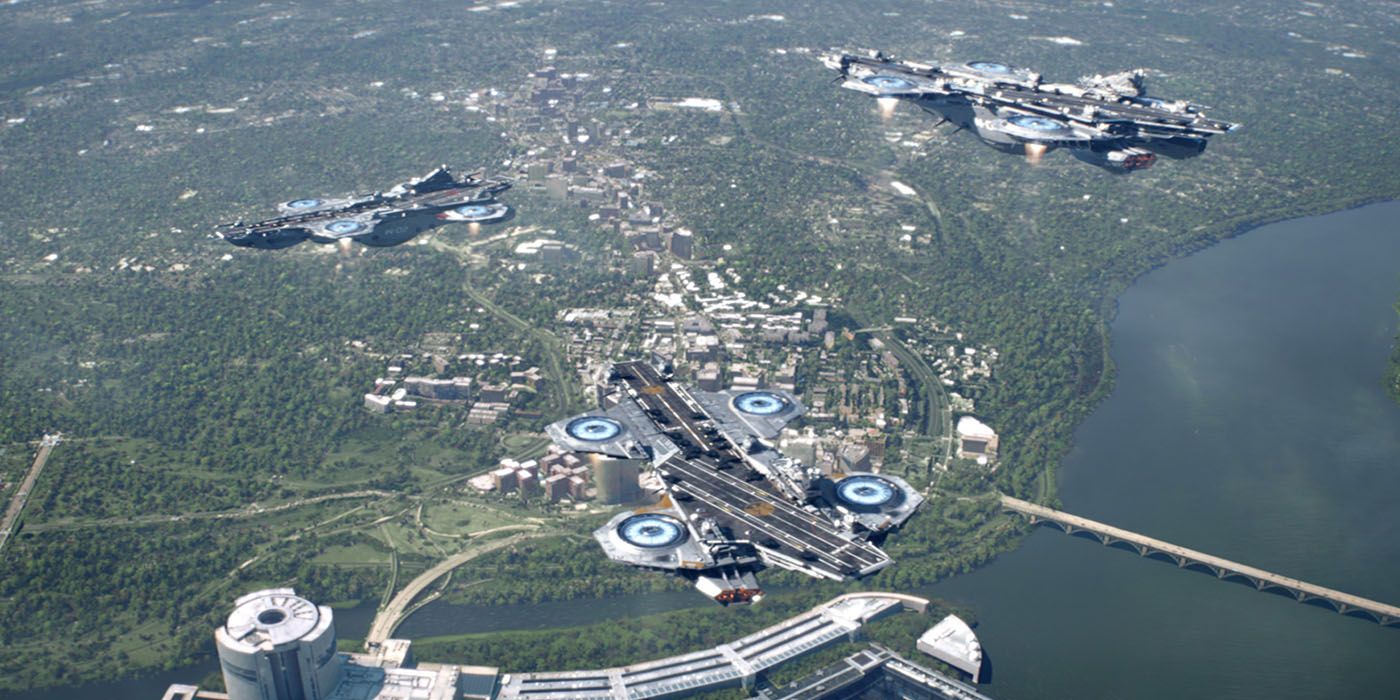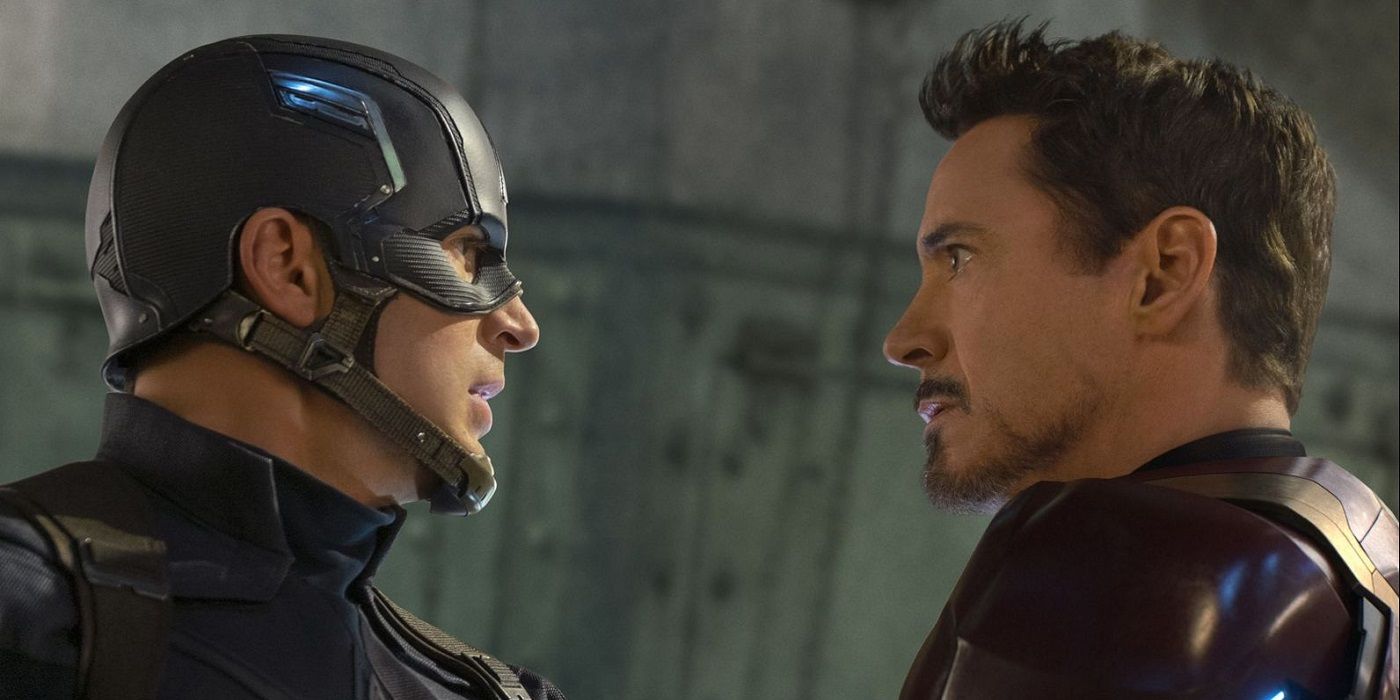It would be difficult for any moviegoer to take a star-spangled superhero seriously in this day and age, and yet, somehow, Marvel Studios has made that possible with its depiction of Captain America, in no small part due to the performance and dedication of actor Chris Evans. Unfortunately, it's likely that we won't be seeing Cap after the events of Avengers: Endgame. Evans tweeted a long farewell to the Marvel Cinematic Universe after filming for the upcoming Avengers film wrapped.
Over the past eight years, Rogers has become one of the most prominent and popular characters in the MCU, and with good reason. With the premiere of the highly anticipated end to the Infinity Saga just around the corner, now is the perfect time to look back at Cap's journey and how he affected the trajectory of the cinematic universe.
RELATED: Iron Man: From the MCU's Merchant of Death to Heroic Avenger
Steve Rogers was a good man looking for a chance to fight the good fight from the beginning. In Captain America: The First Avenger (directed by Joe Johnston), despite being a scrawny young man riddled with various health issues, Rogers tried desperately to get enlisted and fight Nazis in World War II. Becoming a soldier wasn't just something he wanted to achieve; he was ready to fight and stand up to anyone. We saw that much when he fought a bully who was disrupting a theater, despite his opponent being much bigger and much stronger.
That steadfast determination to fight for good was the reason why Dr. Erskine saw Rogers as the perfect subject for Project Rebirth.
The super soldier serum didn't change Steve Rogers as it had the Red Skull. It just made Rogers more eager to throw himself into danger in order to save lives and ensure evil could not win, regardless of what those in power had to say, which was the case when he heard Bucky had been captured.
Despite orders, Steve, with the help of Peggy Carter and Howard Stark, flew behind enemy lines and ended up rescuing an entire battalion of captured soldiers and destroying a Nazi fortress. It was that willingness to give his life for others that ultimately caused him to crash into the Arctic, saving millions and ensuring that the Tesseract was hidden away from those who would abuse its power.
RELATED: Here's When Avengers: Endgame Tickets Go on Sale
He awoke from his 70-year-long sleep to an entirely different world. Technology and society had advanced. The war he fought had ended and the struggles of his time had changed. He was alone in the world now and he had to come to terms with it. As a way of doing so, he threw himself into a new war.
The Avengers (directed Joss Whedon) introduced that new war, though the film showed a lot more than just his ability to fight alien invaders and deal with Tony Stark's ego. It showed us that Rogers had always been prepared to give people a chance to prove themselves. He knew about the monster within Bruce Banner, but that didn't seem to affect his treatment of the renowned scientist. He met Banner without fear and with the same kind of respect afforded to anyone else around him. It spoke to the kind of faith in humanity we would see from Cap in the films that followed.
While he maintained a relatively optimistic view of people, he didn't allow it to blind him and often took caution, even when it came to authority figures. Even Nick Fury, whom Rogers had seen to be a good man with Earth's best interests at heart, had not been able to earn Cap's full trust.
NEXT PAGE: Cap's Resolve is Tested, But He Stays Strong
It began in The Avengers when Cap, encouraged by Stark, uncovered S.H.I.E.L.D's store of Hydra weapons, and it continued in Captain America: The Winter Soldier (directed by Joe and Anthony Russo) when Fury introduced Rogers to Project Insight. Almost immediately, Cap expressed his disgust at the course of action S.H.I.E.L.D was taking to ensure security.
The strength of Steve's faith in people was certainly tested then. More so after his old enemy, Hydra, was revealed to have survived and infiltrated S.H.I.E.L.D. That was a turning point in the MCU. Cap, along with Black Widow and Falcon, ultimately dismantled the agency in explosive fashion. They may have saved the world's freedom, but the disaster that occurred at the Triskelion in Washington would later contribute to the argument that would bring about the Avengers' disbandment, weakening the world just enough for Thanos to see victory in Avengers: Infinity War (directed by Joe and Anthony Russo).
RELATED: Chris Evans Reveals His Favorite Captain America Fight Scene
In his fight against evil, Captain America has shaped the path of the MCU and revealed a lot about his character, some of which is easily missed beneath the well-choreographed action sequences and enticing premises of each film.
He approached conflict with the kind of compassion most people leave on the sidelines. When confronting villains such as Ultron or Zemo, his first instinct isn't to attack, but rather to try and defuse the situation. He tried to understand both of those villains. At one point he even came close to empathizing with one of them. Unfortunately, villains are generally dead set on destruction and, as we've established, Cap has always done whatever it took to neutralize threats to freedom and security, even if it seemed like it could cost him his life.
Curiously, as willing as he has been to put his own life on the line, he has never allowed someone else to do the same, if he could help it. Even the android Vision, when he offered to have himself destroyed along with the Mind Stone, Cap seemed to forbid it, telling him "we don't trade lives."
This might be unsurprising to some. Steve lost most of his family and friends a long time ago -- one of the last of them, Peggy, passed away in Captain America: Civil War (directed by Joe and Anthony Russo) -- and has therefore displayed a desire to keep his new ones safe.
He has always possessed an unwavering loyalty to his trusted friends. Even in The Winter Soldier, Steve refused to fight Bucky, though the latter -- through brainwashing -- was fixed on completing his mission and ending Captain America. It went further than that.
RELATED: Here's Why Captain America Will Survive Avengers: Endgame
Cap's loyalties were truly tested in Civil War, when his desire to exonerate and help his oldest friend pushed him into conflict with his closest allies. Steve fought the Avengers, but that didn't mean he was any less committed to them, which was something he proved at the end when he wrote to Tony, promising that he would be there should Stark ever need him.
Unlike many of the other members of the Avengers, Captain America hasn't seemed to change all that much. It makes sense. His story isn't one of personal growth and change, it's about staying true to what you believe no matter what. He fought for loyalty, compassion and truth, for everything that makes society good. If his story does come to an end in Avengers: Endgame, at least we can rest assured knowing that he will go having kept his promise to Dr. Erskine: Despite everything that the universe has thrown at him, he never stopped being a good man.




